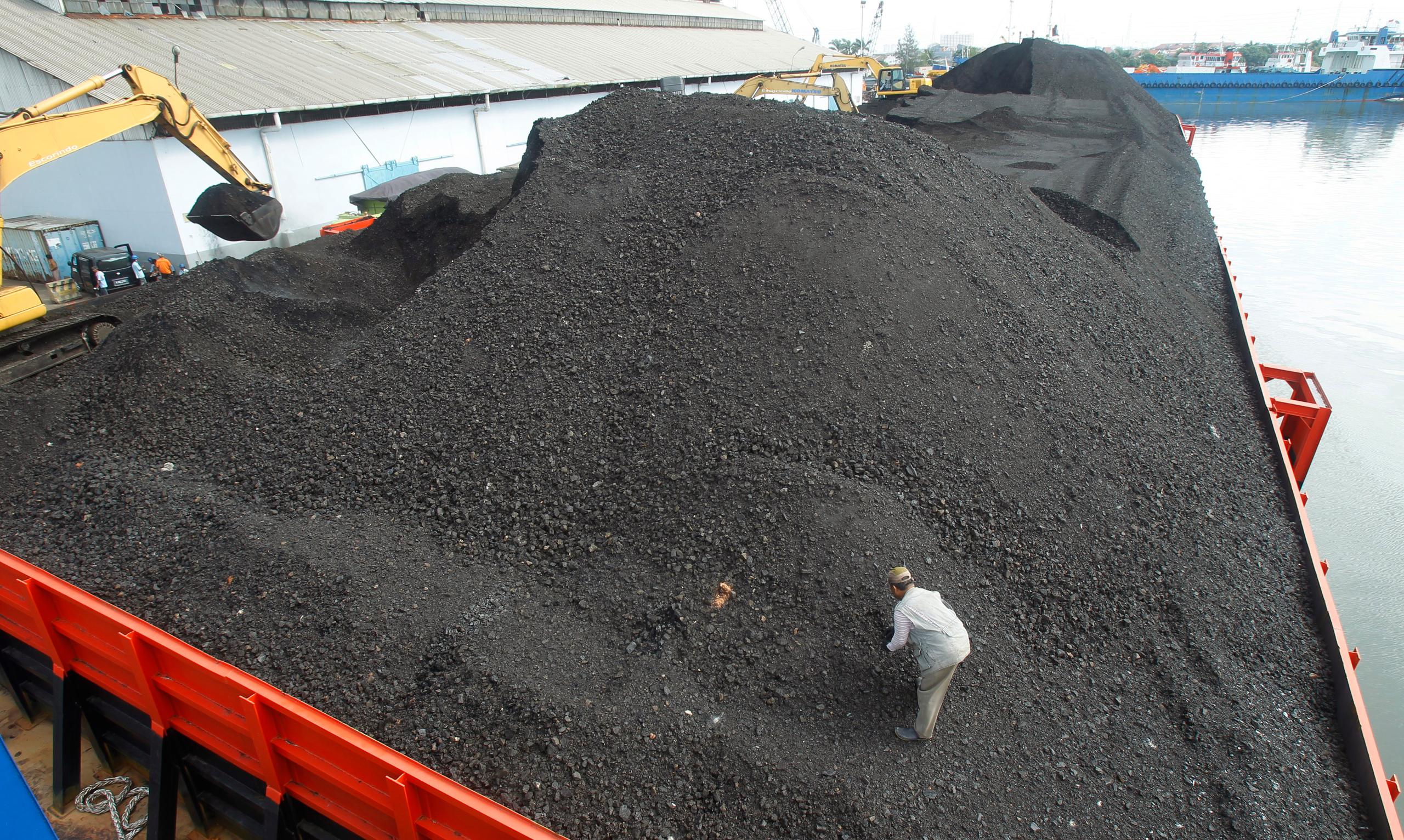Swiss firms could be held to account for actions abroad

Swiss companies must comply with human rights and environmental standards when they operate abroad – or be brought to account before Swiss courts. This is the demand of the Corporate Responsibility people’s initiative that was handed in to the Federal Chancellery in Bern on Monday.
A coalition of 80 non-governmental organisations and trade unions are backing the initiative that would make all Swiss companies responsible for conducting due diligence for their activities in any part of the world.
After numerous unsuccessful attempts with petitions and parliamentary initiatives, the coalition now hopes to achieve its objective with the initiative “For responsible companies – protection for people and the environment”. It has gathered 120,000 signatures – 100,000 are required for an initiative in Switzerland.
According to the text, Swiss companies operating abroad have to respect internationally recognised human rights, and international environmental standards. In addition, they must ensure that companies that they control also apply by these standards.
Human rights and the protection of the environment have not evolved in step with globalisation, according to the initiative’s committee. This allows transnational companies to ignore borders and state restrictions. Many multinationals are accused of having taken advantage of weak legislation and inadequate judicial systems in other countries to avoid human rights or environmental standards, which they would have to comply with in the country where they are headquartered.
Self-regulation “insufficient”
In recent years, watchdog groups have publicised cases of some Swiss companies not living up to their corporate responsibilities. Campaigners point out that it is impossible for victims to assert their rights in the Switzerland.
Swiss law is based on the internationally accepted principle that illegal activities should be adjudicated by local courts as they are better placed to judge the facts of the case.
According to the text of the initiative, victims of human rights and environmental abuses would be allowed to seek damages from companies in Swiss courts. But firms will not be held liable if they can prove they fulfilled their duty of care.
According to a report by the Swiss government, violations of human rights or environmental standards by Swiss companies abroad could “damage the image of our country”.
Nevertheless, both government and parliament have until now refused to enact binding rules on the overseas operations of Swiss-based companies, preferring instead to allow firms to self-regulate with voluntary measures.
This does not go far enough for the initiative’s backers: according to a study by the NGOs Lenten Fund and Bread For All, which back the initiative, 61.5% of the Switzerland’s 200 largest companies don’t even have a human rights policy.

In compliance with the JTI standards
More: SWI swissinfo.ch certified by the Journalism Trust Initiative



You can find an overview of ongoing debates with our journalists here. Please join us!
If you want to start a conversation about a topic raised in this article or want to report factual errors, email us at english@swissinfo.ch.